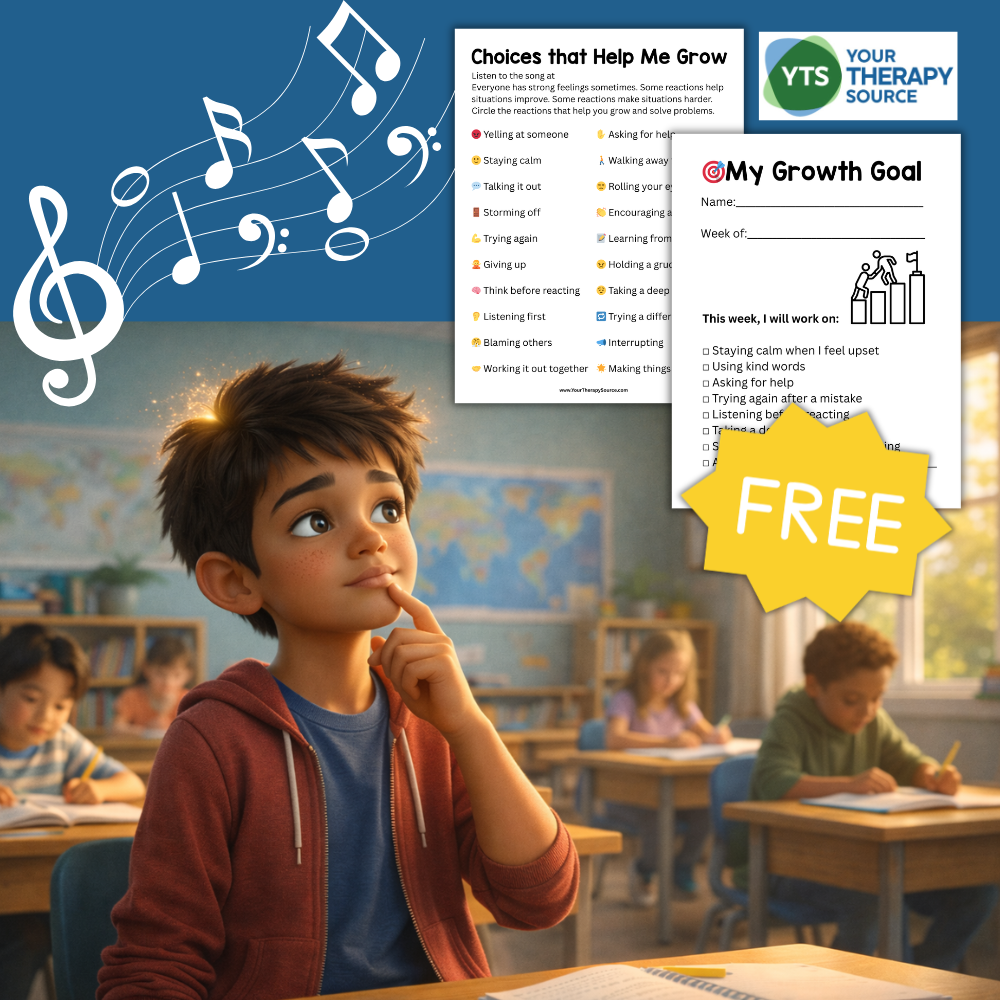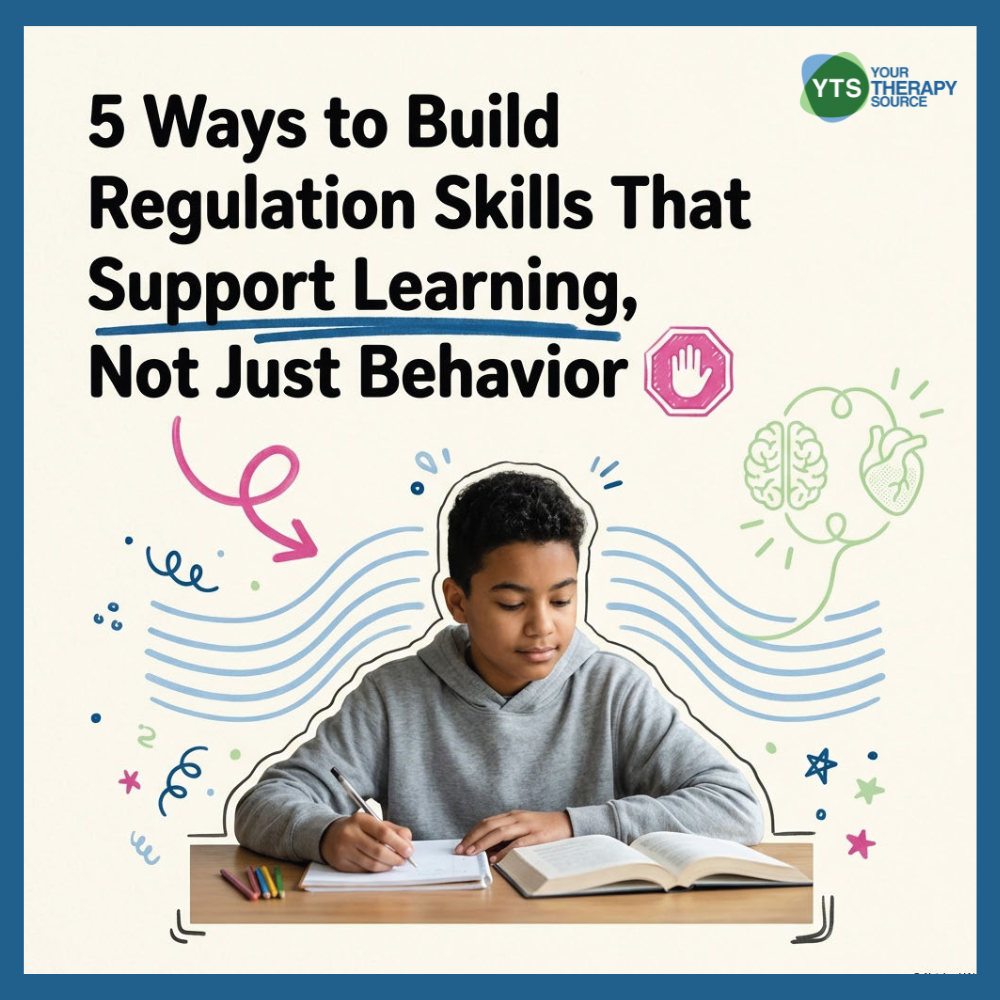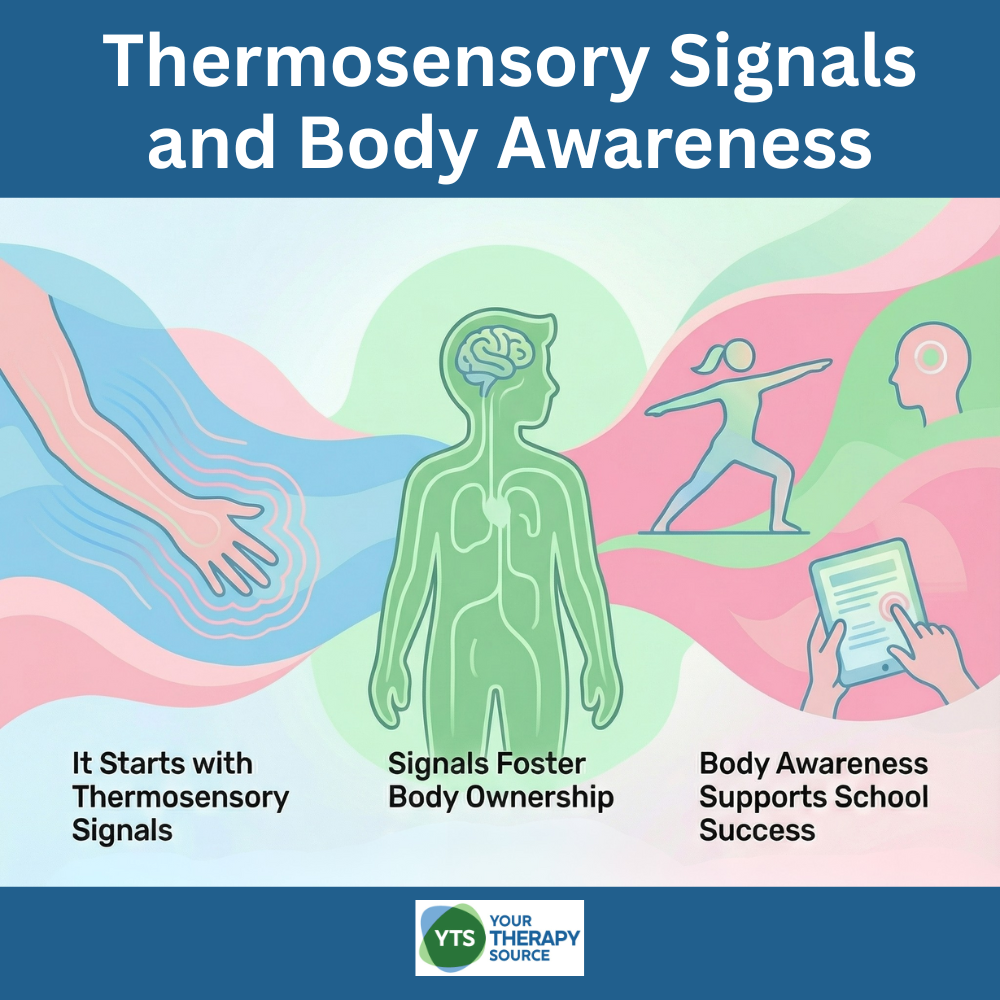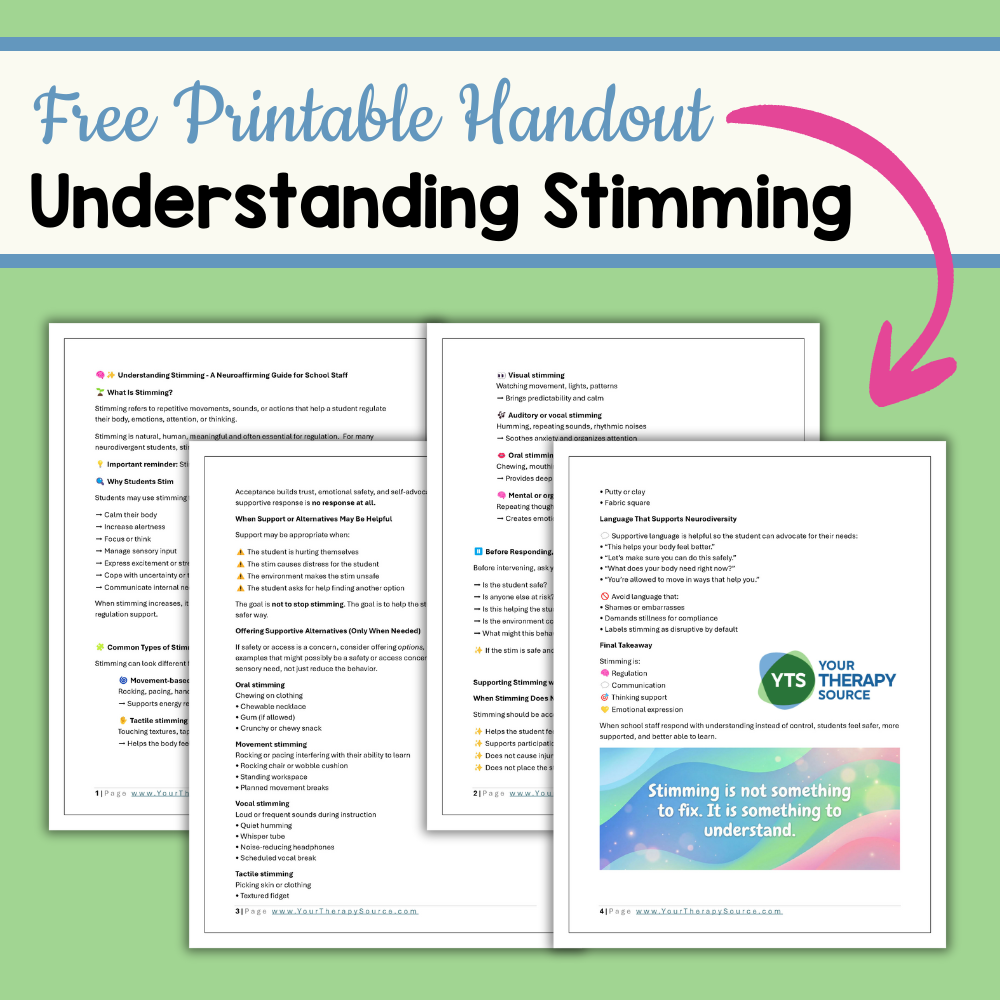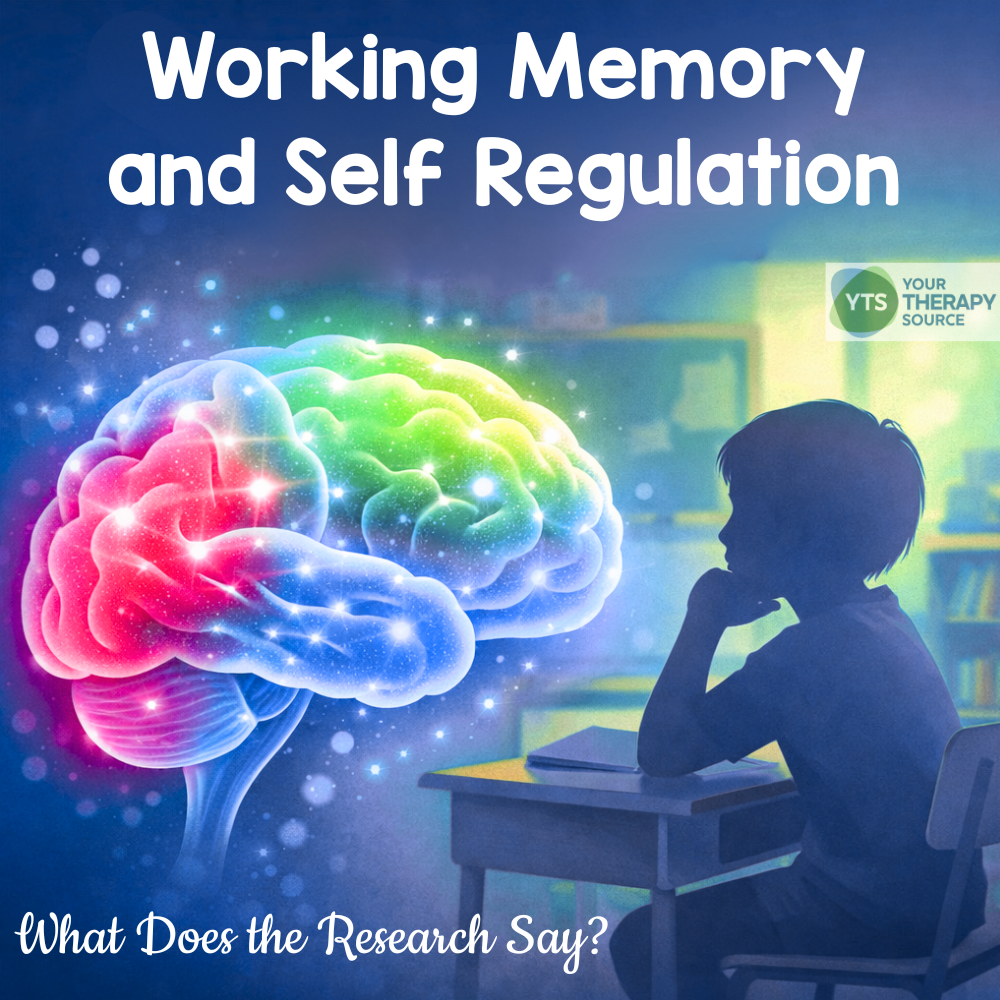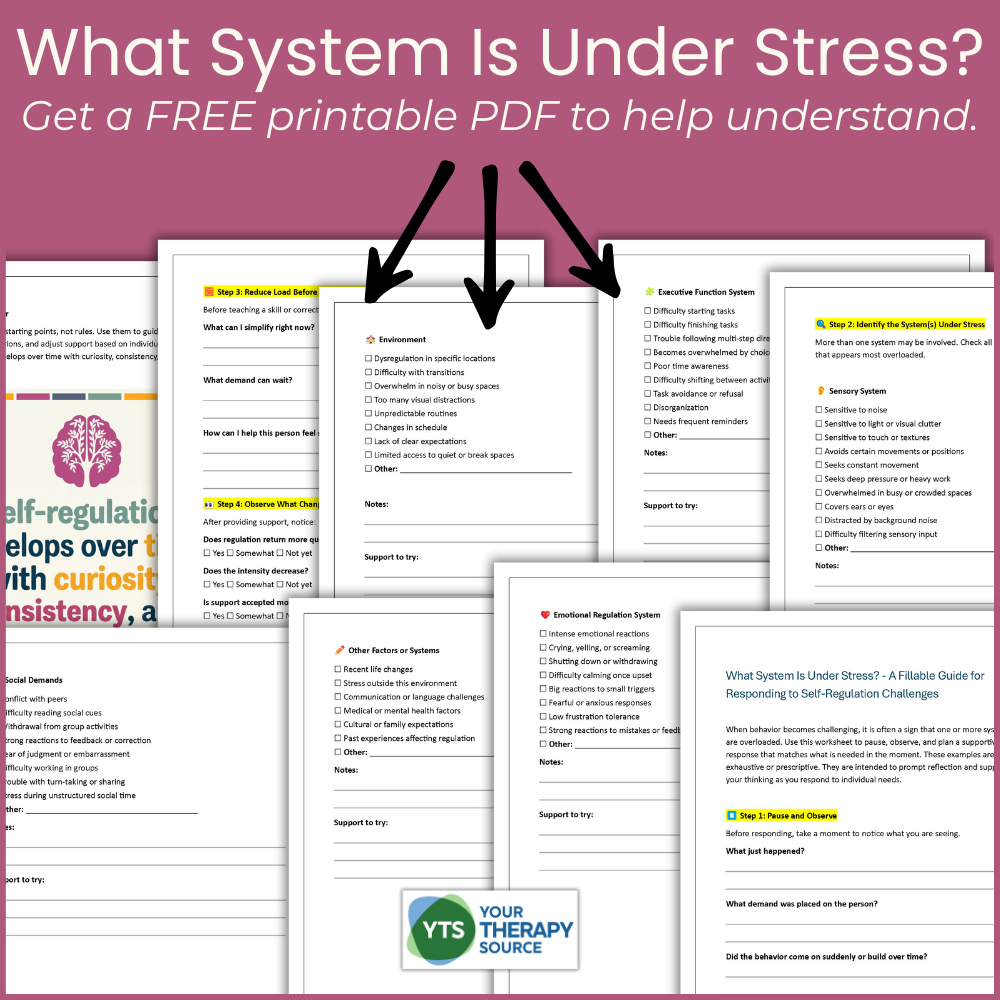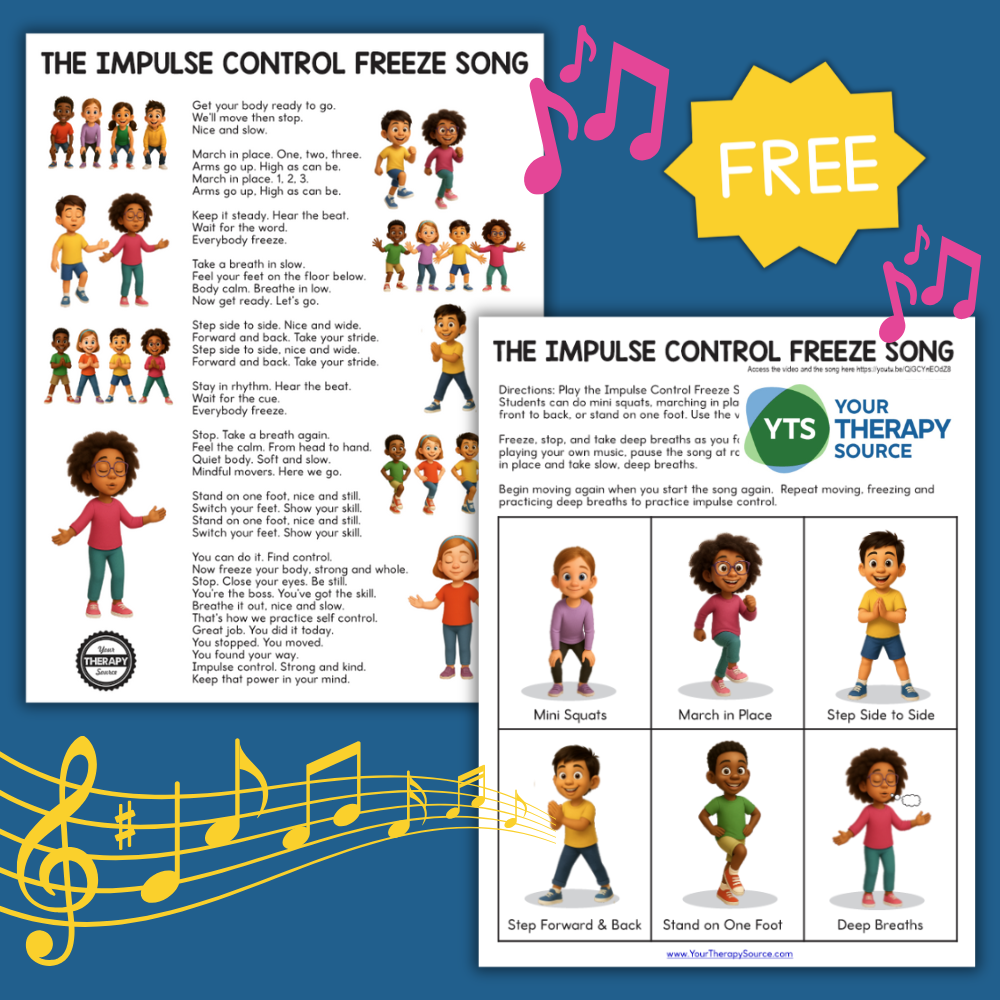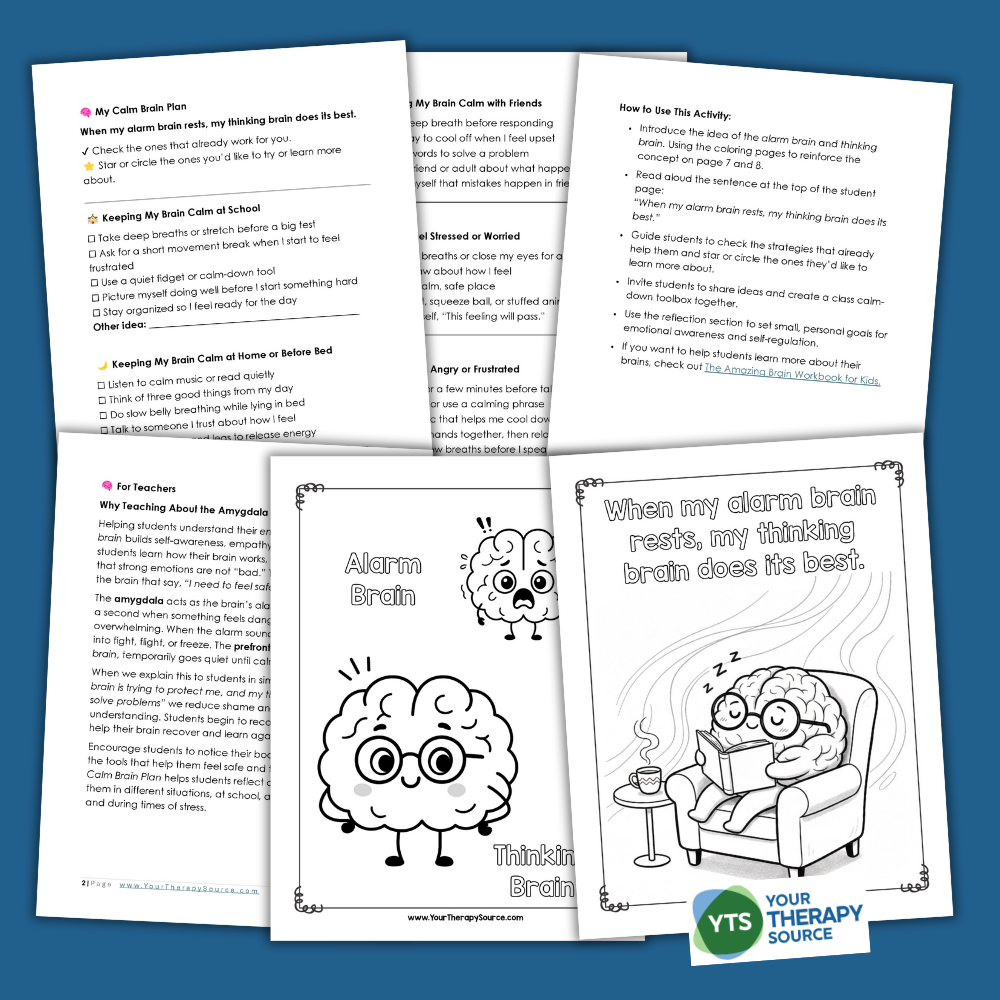Making Choices Song and Free Printables
Looking for a making choices song that supports emotional awareness, self-reflection, and growth mindset skills? The Making Choices Song was created to help students recognize that reactions are part of learning. Every child has strong feelings sometimes. Some reactions help situations improve. Some reactions make situations harder. The goal is not perfection. The goal is […]

